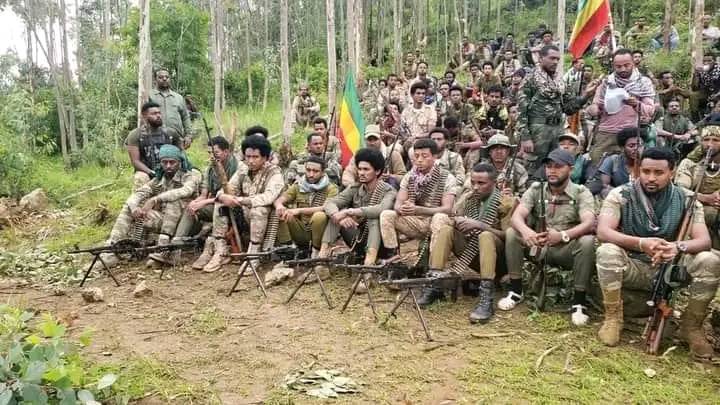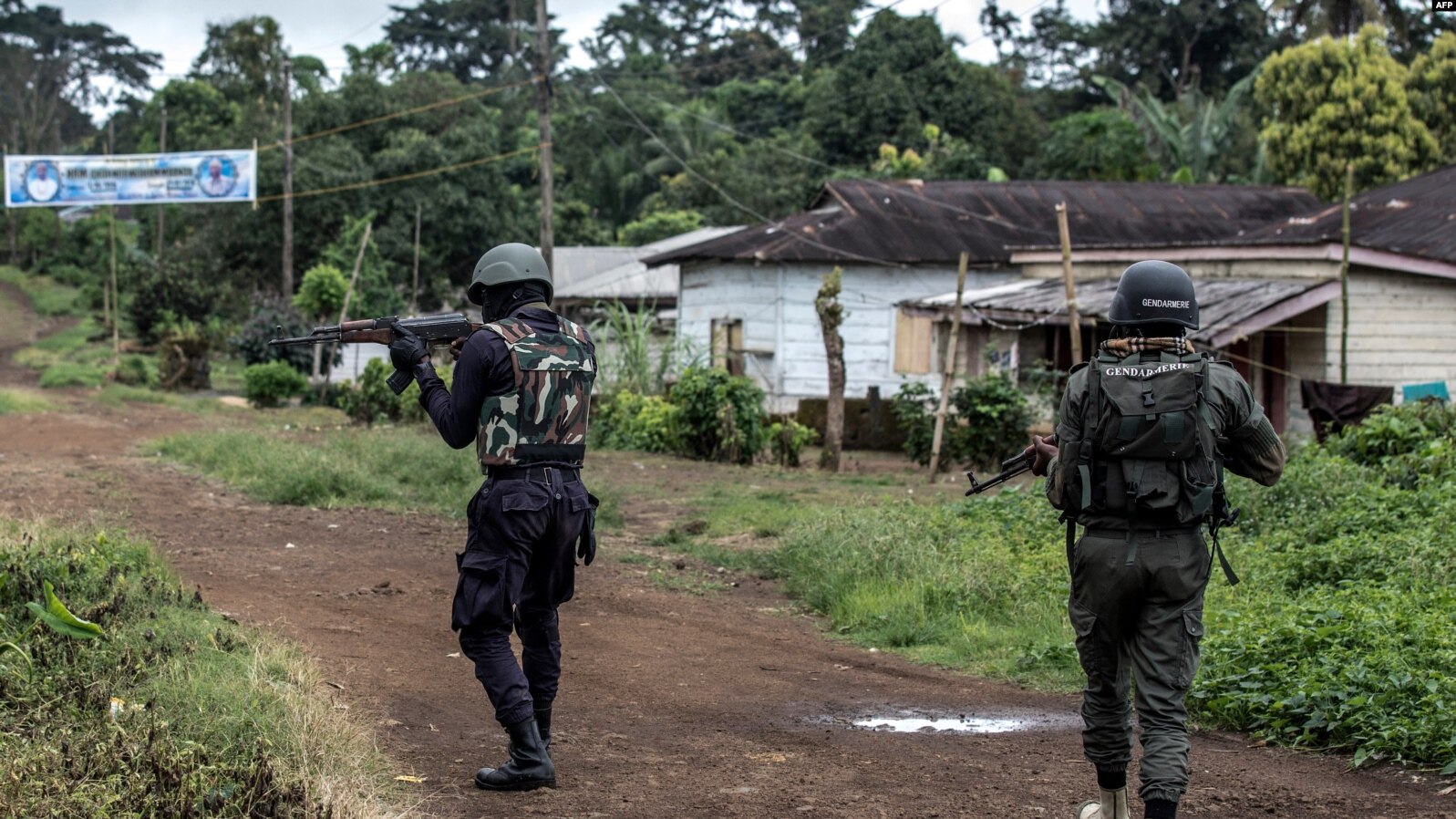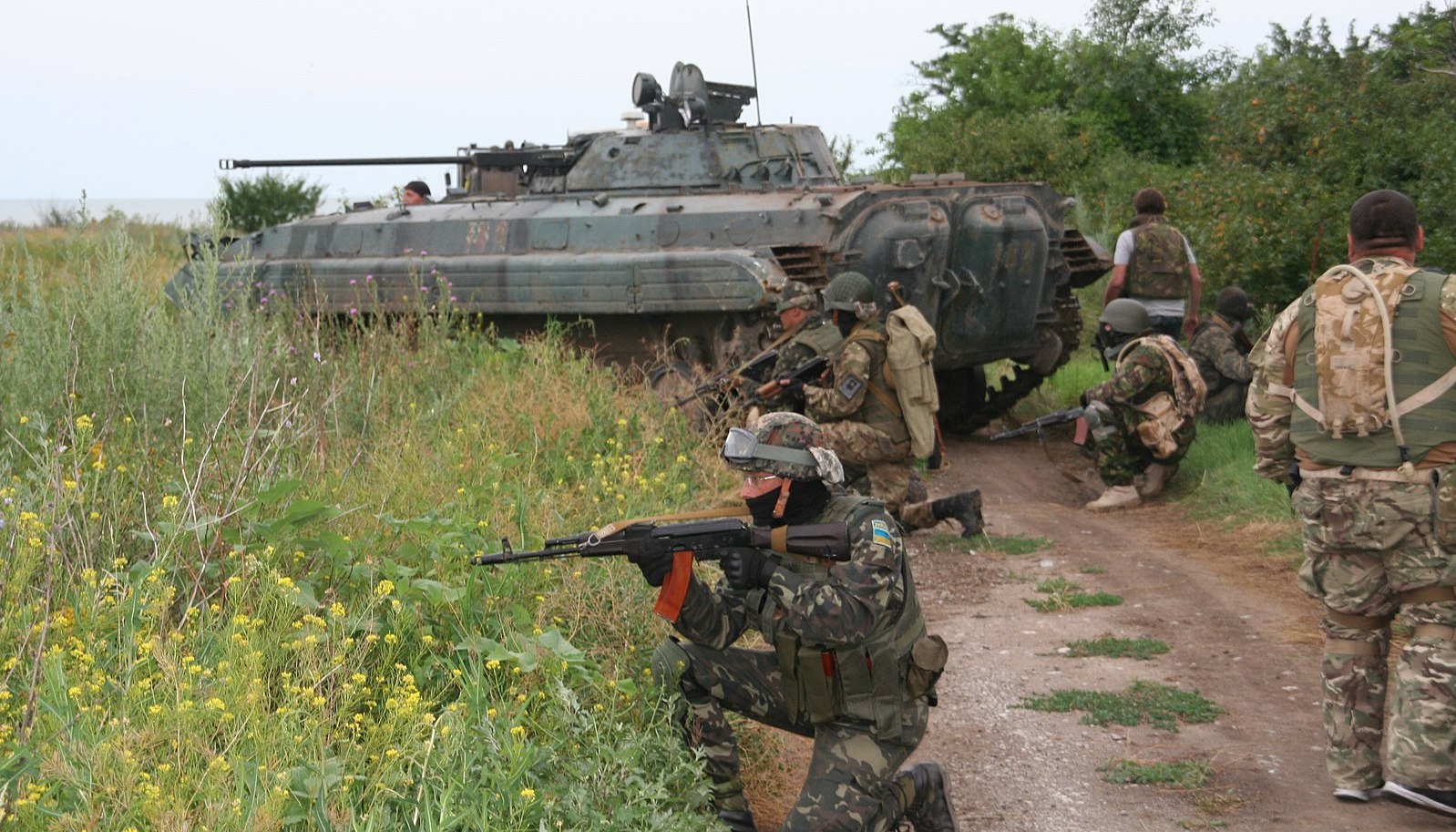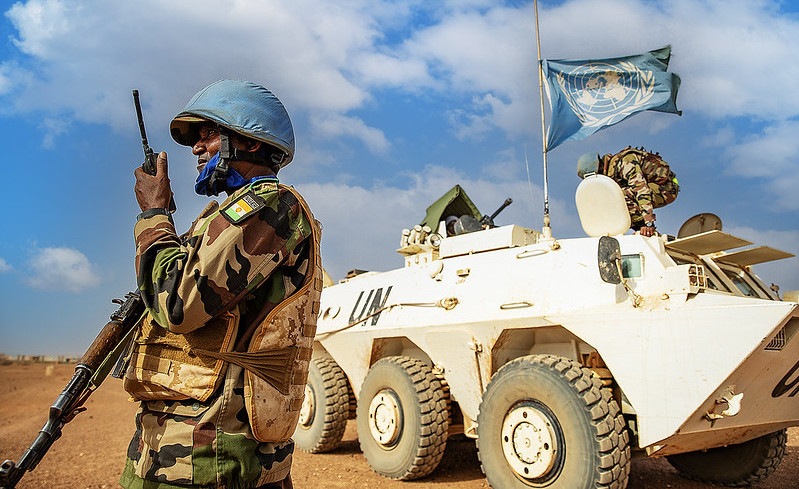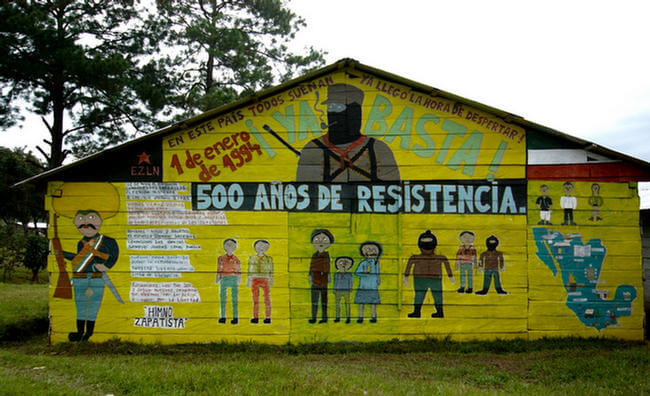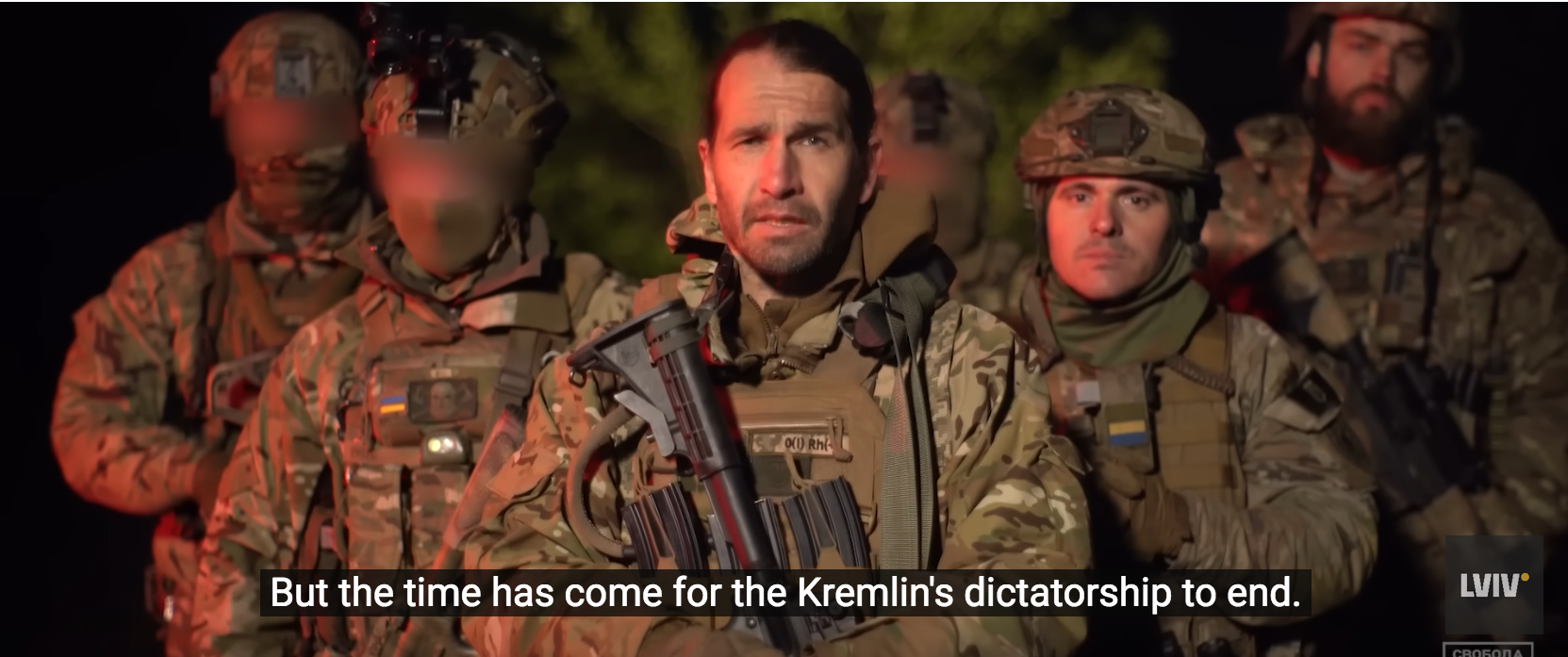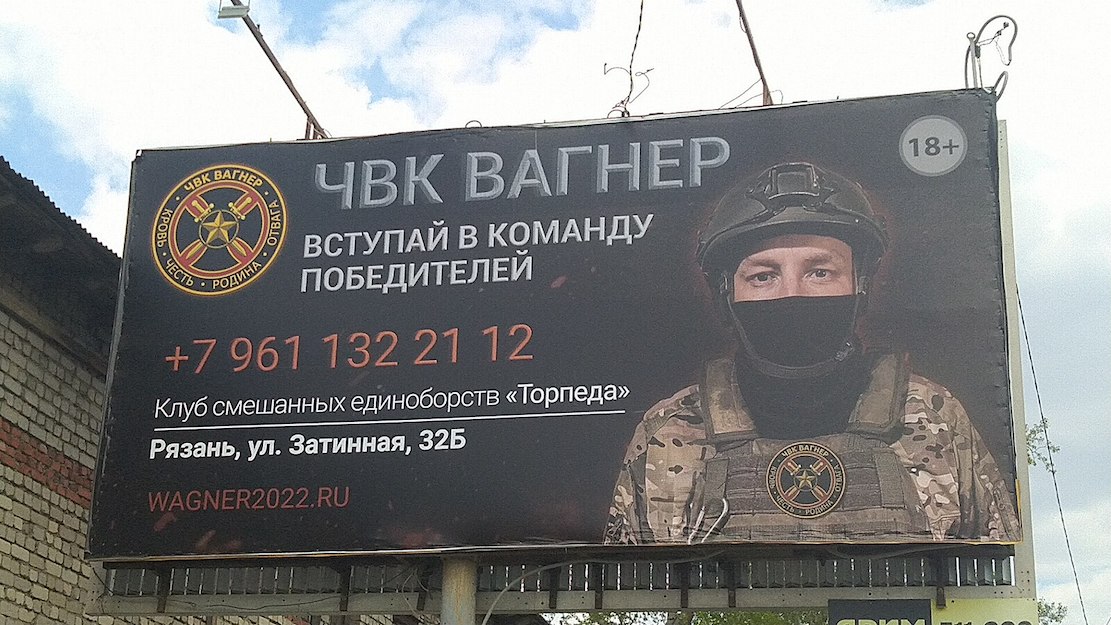
Libya: new inter-factional clashes shake Tripoli
Months of relative peace in Libya’s capital were shattered as clashes erupted between two militia factions aligned with the Tripoli-based Government of National Unity (GNU). The fighting began when the Special Deterrence Force, which controls the city’s airport, seized 444 Brigade commander Mahmoud Hamza as he attempted to fly out. Calm was restored two days later when the SDF turned Hamza over to a “neutral security party.” By then, some 25 had been killed, over 100 injured, and hundreds of families displaced as fighting tore through their neighborhoods. The SDF is said to be a “former” Islamist militia now integrated into the GNU’s “official” security forces. (Map: Perry-Castañeda Library)




